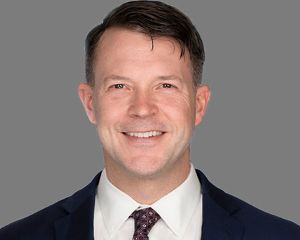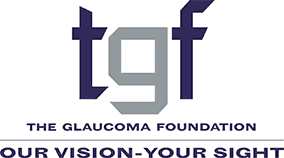Summary
Dr. Nathan M. Radcliffe discusses the best treatments for glaucoma.
~Doctor, I Have a Question. As an eye doctor, if you had glaucoma, how would you like to be treated?~
Question answered by:

Clinical Assistant Professor of Ophthalmology, Mt. Sinai School of Medicine
One of the things that comes up between glaucoma experts and patients is a disagreement over eyedrops. I think patients, generally, are very comfortable with taking drops for glaucoma, and for the most part with the idea of medical therapy. In many ways that is what eyedrop therapy is.
But, there’s a little more to it. The stomach exists to absorb things, like pills, but the eyes aren’t as loving to having chemicals placed in them. And since glaucoma is a chronic disease, and patients may be taking drops a couple of times a day, their eyes begin to have tolerability problems. Patients can develop dry eye…they can develop red eye. It’s this pattern that gradually sneaks up on patients as their eyes become less and less comfortable.
Oftentimes, the patient asks the doctor “can I take a different drop,” and patients and doctors often fall into a pattern of trying to switch drops to find just the right one. Sometimes you get lucky but often you don’t. And because I think patients are so comfortable with the idea of drops, when doctors bring up the idea of some alternative therapy, patients become uncomfortable. It may sound to them like the doctor is saying your glaucoma is getting worse. But what the doctor is often just saying is…I’d like to attend to your quality of life, to making your eyes feel, see and look better using either a laser, a sustained delivery medication, or even a procedure. There are safe procedures that now can be done with quick recovery and pretty good results.
Here are some surprising points I’d like to make. The first is that almost every practicing ophthalmologist would start their own therapy with selective laser trabeculoplasty (SLT). This was really proven to be a winner in the Laser in Glaucoma and Ocular Hypertension (LIGHT) Study, which found that SLT helped keep the visual field loss from progressing and reduced the need for incisional surgery down the road.
Nonetheless, while a lot of doctors would choose that for themselves, they let the patient win that argument about how to start their treatment. We’re compassionate, we want the patient to be happy. But patients should know that most doctors wouldn’t choose eyedrops for themselves. I think that’s most important.
It’s a fact that most patients who take eyedrops for ten years will have dry eyes. While there are different formulations and several preservative free-options, most ophthalmologists and optometrists would agree that most drops have some mechanism that causes the eye to get dry when taken for many years.
In addition to laser, there are now two new implants for sustained delivery of medication – Durysta®, which lasts several months, and most recently, the iDose TR, which may last a little longer. That one has great safety data but most doctors are only just getting started bringing them into their practice.
Micro invasive glaucoma surgery (MIGS) is certainly a fantastic option when you’re having cataract surgery and is now also available as a stand-alone procedure for glaucoma patients who are having side effects or compliance problems with drops.
One stent in particular, the Hydrus stent, was shown to help people who are having cataract surgery avoid bigger glaucoma surgeries and visual field loss over time compared to cataract surgery alone.
My takeaway to patients is that it can be normal to feel that eyedrops could be the mainstay of glaucoma therapy, but if we really look at what the literature is telling us, and if you would ask most eye doctors what they would want for their own eyes, you’d be surprised at how many eye doctors believe in moving beyond eye drops early.
It’s important to have a conversation with your doctor about side effects and any problems with compliance and also to listen to the doctor and take their recommendations. A lot of patients would probably be happier if they fought back the instinct to lean on the drops and moved on to some of these other wonderful and safe therapies we have.
